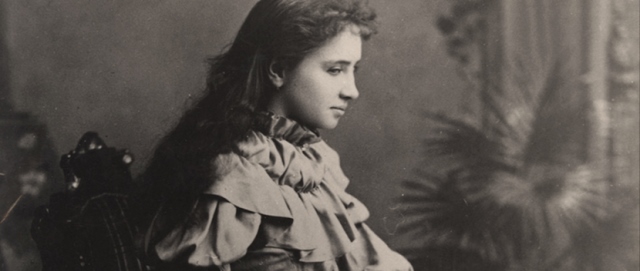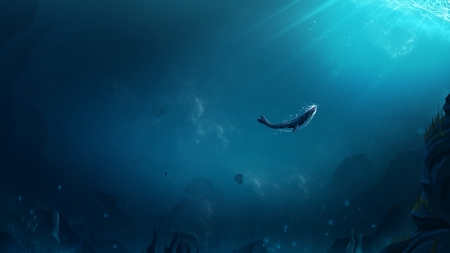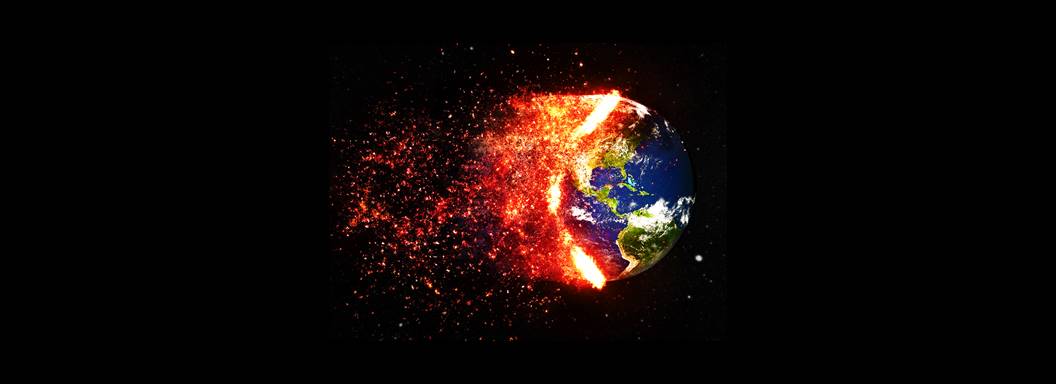- Facebook announced a transformative undersea cable project around Africa for future internet connectivity
- The project has been named “2Africa“
- At 37,000 km – or about 22,991 miles – in length, 2Africa will be one of the world’s largest subsea cable projects
- The subsea cable will interconnect 23 countries in Africa, the Middle East and Europe, and extending to Asia via the main Europe-to-Asia subsea cables
- Facebook has partnered with SA’s MTN GlobalConnect, Mauritius-based WIOCC, China Mobile International, French telecoms major Orange, Saudi Arabia’s stc, Telecom Egypt, and Vodafone
- It’s tasked Nokia-owned cable systems provider Alcatel Submarine Networks with building the subsea cable
- The system is expected to go live in 2023/4, delivering more than the total combined capacity of all subsea cables serving Africa today, with a design capacity of up to 180 Tbps on key parts of the system.
- Facebook said the 2Africa project was made more efficient by the use of aluminum rather than copper fibers, as these could help increase network capacity.
- 2Africa will deliver much needed internet capacity and reliability across large parts of Africa, supplement the fast-growing capacity demand in the Middle East and underpin the further growth of 4G, 5G and fixed broadband access for hundreds of millions of people.
- The move from Facebook highlights increased interest from Silicon Valley companies in Africa as a high-growth investment opportunity. Twitter CEO Jack Dorsey last year said he planned on moving to the region — though he recently had to “reevaluate” that ambition due to the Covid-19 outbreak.
- Google is also working on an underwater cable, called “Equiano“, which would connect Africa with Europe.
- The web search titan has another unit named “Loon“ which makes high-altitude balloons to deliver 4G internet to rural communities. It recently announced an expansion of that scheme to Mozambique.
- Facebook previously had plans to beam internet to remote areas using solar-powered drones. Called “Aquila“, the company shuttered the project back in 2018, but has reportedly been working with Airbus to test such drones again in Australia.
- The 2Africa cable has been designed to improve resilience and maximise performance, including the option of a seamless optical crossing between East Africa and Europe.
Reference Links:




